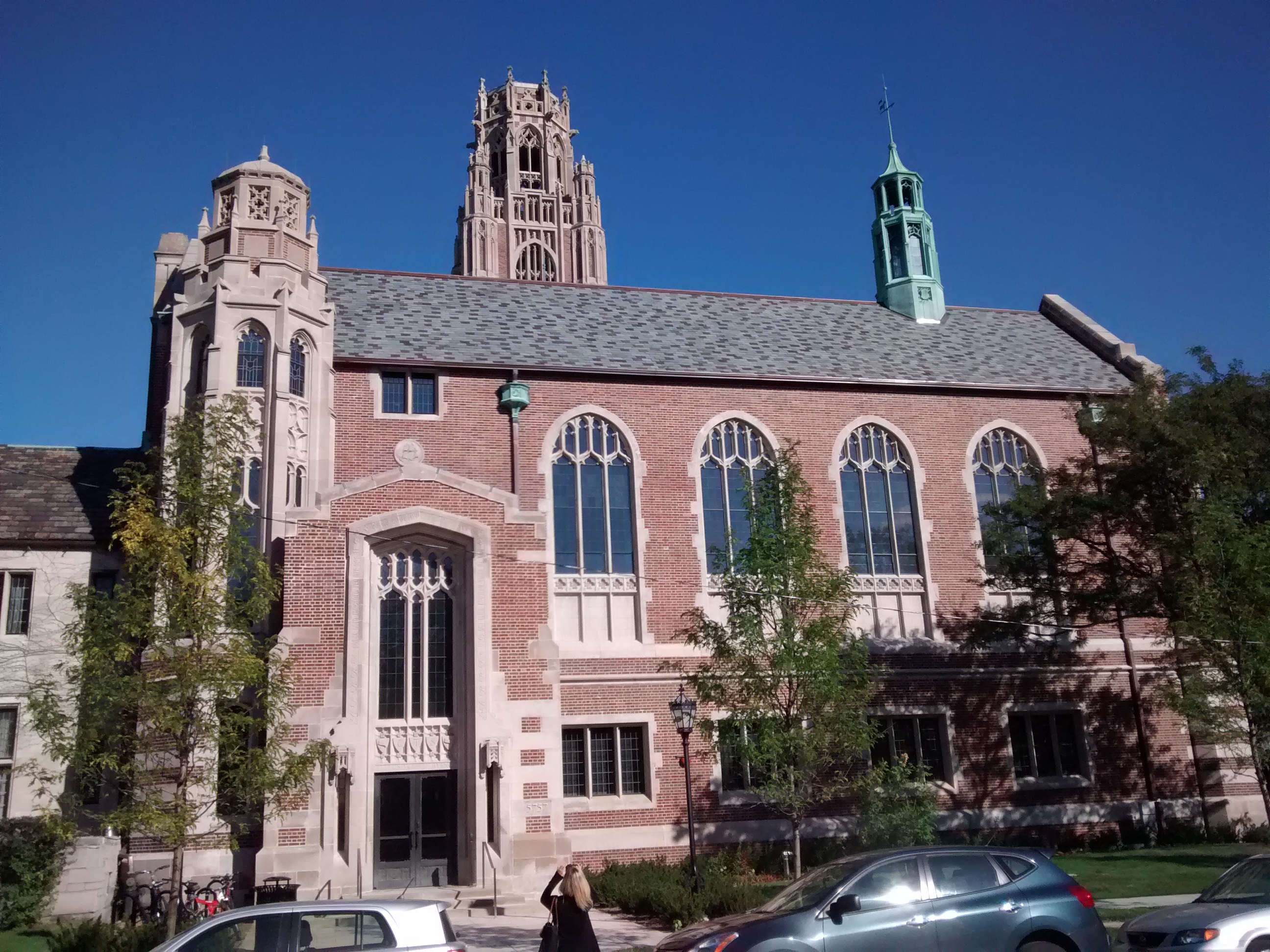|
Iván Werning
Iván Werning (born June 20, 1974) is an Argentine economist. He is a professor at the MIT Department of Economics. A native of Argentina, Werning earned his B.A. from Universidad de San Andrés and his M.A. from Universidad Torcuato di Tella, both in Buenos Aires. Werning earned his Ph.D. at the University of Chicago in 2002. In the article "International bright young things" on 30 October 2008, ''The Economist ''The Economist'' is a British weekly newspaper printed in demitab format and published digitally. It focuses on current affairs, international business, politics, technology, and culture. Based in London, the newspaper is owned by The Econo ...'' listed Werning as one of the top 8 young economists in the world. References External links Website at MIT 1974 births Living people 21st-century Argentine economists University of Chicago alumni MIT School of Humanities, Arts, and Social Sciences faculty Fellows of the Econometric Society Fellows of the ... [...More Info...] [...Related Items...] OR: [Wikipedia] [Google] [Baidu] |
Chicago School Of Economics
The Chicago school of economics is a neoclassical school of economic thought associated with the work of the faculty at the University of Chicago, some of whom have constructed and popularized its principles. Milton Friedman and George Stigler are considered the leading scholars of the Chicago school. Chicago macroeconomic theory rejected Keynesianism in favor of monetarism until the mid-1970s, when it turned to new classical macroeconomics heavily based on the concept of rational expectations. The freshwater–saltwater distinction is largely antiquated today, as the two traditions have heavily incorporated ideas from each other. Specifically, new Keynesian economics was developed as a response to new classical economics, electing to incorporate the insight of rational expectations without giving up the traditional Keynesian focus on imperfect competition and sticky wages. Chicago economists have also left their intellectual influence in other fields, notably in pioneerin ... [...More Info...] [...Related Items...] OR: [Wikipedia] [Google] [Baidu] |
MIT Department Of Economics
The MIT Department of Economics is a department of the Massachusetts Institute of Technology in Cambridge, Massachusetts. Undergraduate studies in economics were introduced in the 19th century by institute president Francis Amasa Walker, while the department's Ph.D. program was introduced in 1941. The American Economics Association estimates that MIT and these peers produce half of all tenure track professors at U.S. research universities. By 2020, the department has the second highest number of Ph.D. alumni who received the Nobel Prize in Economics in the world (12) only behind Harvard Economics (13) and ahead of UChicago Economics (9). Nine out of 18 Clark medalists since 1999 received Ph.D. degrees from the department. History In the 1890s, economists including Francis Amasa Walker and Davis Rich Dewey taught courses in economics to the undergraduate students. It was known as the Department of Economics and Social Sciences. In 1937, the department established a graduate prog ... [...More Info...] [...Related Items...] OR: [Wikipedia] [Google] [Baidu] |
MIT School Of Humanities, Arts, And Social Sciences Faculty
The Massachusetts Institute of Technology (MIT) is a private land-grant research university in Cambridge, Massachusetts. Established in 1861, MIT has played a key role in the development of modern technology and science, and is one of the most prestigious and highly ranked academic institutions in the world. Founded in response to the increasing industrialization of the United States, MIT adopted a European polytechnic university model and stressed laboratory instruction in applied science and engineering. MIT is one of three private land grant universities in the United States, the others being Cornell University and Tuskegee University. The institute has an urban campus that extends more than a mile (1.6 km) alongside the Charles River, and encompasses a number of major off-campus facilities such as the MIT Lincoln Laboratory, the Bates Center, and the Haystack Observatory, as well as affiliated laboratories such as the Broad and Whitehead Institutes. , 98 Nobel l ... [...More Info...] [...Related Items...] OR: [Wikipedia] [Google] [Baidu] |
University Of Chicago Alumni
A university () is an institution of higher (or tertiary) education and research which awards academic degrees in several academic disciplines. Universities typically offer both undergraduate and postgraduate programs. In the United States, the designation is reserved for colleges that have a graduate school. The word ''university'' is derived from the Latin ''universitas magistrorum et scholarium'', which roughly means "community of teachers and scholars". The first universities were created in Europe by Catholic Church monks. The University of Bologna (''Università di Bologna''), founded in 1088, is the first university in the sense of: *Being a high degree-awarding institute. *Having independence from the ecclesiastic schools, although conducted by both clergy and non-clergy. *Using the word ''universitas'' (which was coined at its foundation). *Issuing secular and non-secular degrees: grammar, rhetoric, logic, theology, canon law, notarial law.Hunt Janin: "The university ... [...More Info...] [...Related Items...] OR: [Wikipedia] [Google] [Baidu] |
21st-century Argentine Economists
The 1st century was the century spanning AD 1 ( I) through AD 100 ( C) according to the Julian calendar. It is often written as the or to distinguish it from the 1st century BC (or BCE) which preceded it. The 1st century is considered part of the Classical era, epoch, or historical period. The 1st century also saw the appearance of Christianity. During this period, Europe, North Africa and the Near East fell under increasing domination by the Roman Empire, which continued expanding, most notably conquering Britain under the emperor Claudius (AD 43). The reforms introduced by Augustus during his long reign stabilized the empire after the turmoil of the previous century's civil wars. Later in the century the Julio-Claudian dynasty, which had been founded by Augustus, came to an end with the suicide of Nero in AD 68. There followed the famous Year of Four Emperors, a brief period of civil war and instability, which was finally brought to an end by Vespasian, ninth Roman emperor, a ... [...More Info...] [...Related Items...] OR: [Wikipedia] [Google] [Baidu] |

.jpg)
